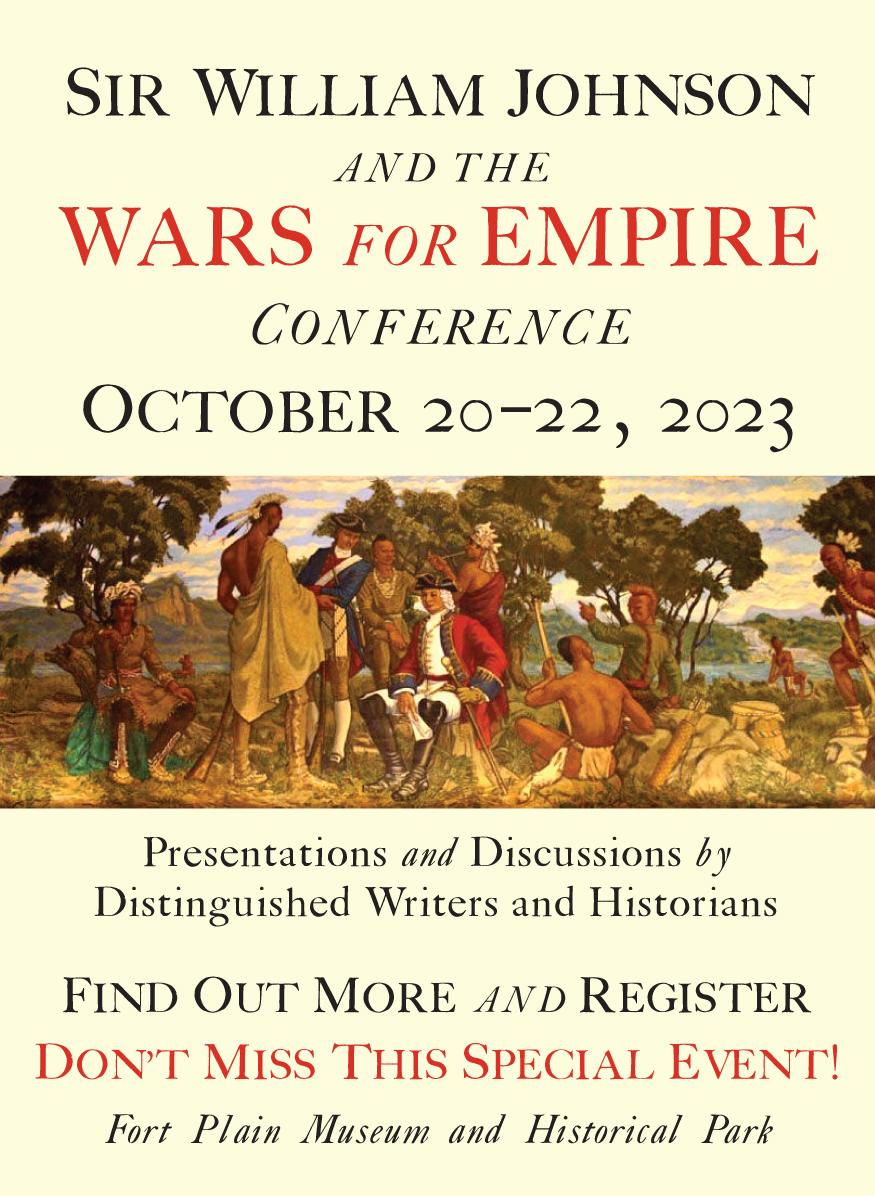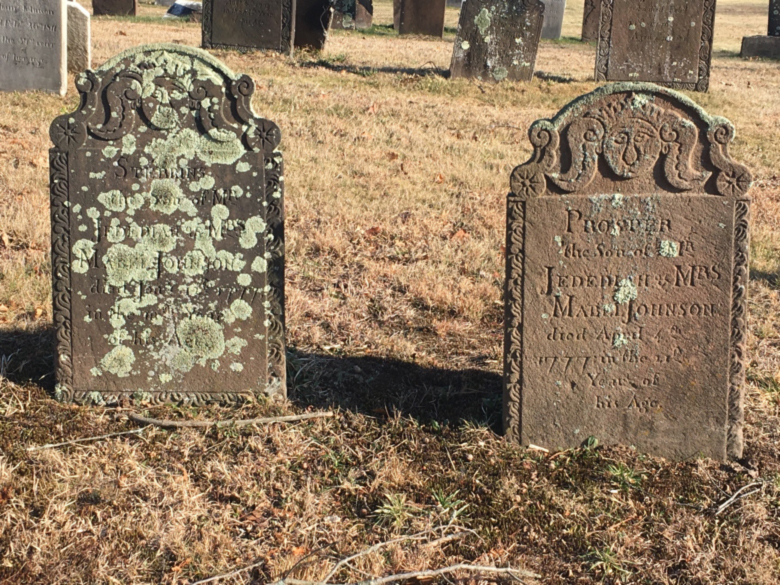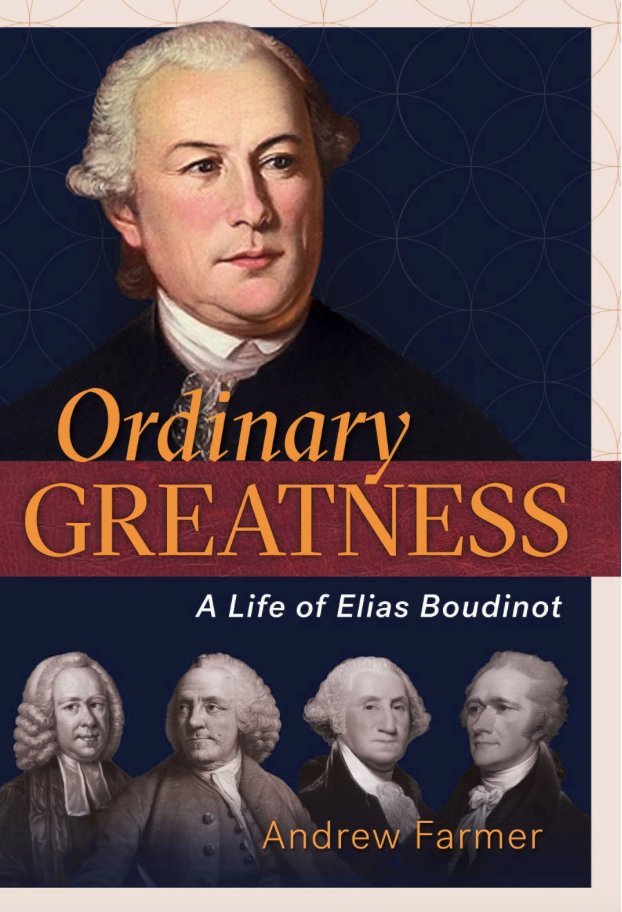In the Spring of 1776, as the American Revolution was underway the movement of the Colonies towards independence was just starting to gain steam. In the Second Continental Congress, John Adams, with an eye towards the future, championed a resolution that would allow each of the “united colonies” to assume the powers of government and to “adopt such a government as shall, in the opinion of the representatives of the people, best conduce to the happiness and safety of their constituents in particular, and America in general.”[1] When this passed each of the colonies began the process to set out the kind of government that they wanted.
In 1777, the Massachusetts legislature attempted to create a document on their own but this attempt was turned down by the voters. For the next attempt, they called for a constitutional convention, asking each town to send representatives to put together the next version of the document. In 1779, John Adams, who had just returned from France, was selected by the people of Braintree to be their representative. Once the convention started the 312 delegates chose John Adams, his cousin Samuel Adams, and James Bowdoin to draft the document. Soon the other two left the work to John Adams who finished the document in October 1779.
In his document, Adams sets up many tenets that would later be reproduced in the United States Constitution and the Bill of Rights such as separation of powers, freedom of the press, trial by jury, and freedom of worship. The one concept that he drew forth though that had the greatest impact was the idea of the “rule of law.” It was very important to him that the Massachusetts Constitution created a government of laws, not of men. The question is, what sources did Adams to arrive at this concept?
John Adams was raised in the Congregational Church, later becoming a Unitarian. He believed in a simpler form of Christianity and described himself as a “church-going animal”[2] With this in mind he was familiar with the Bible and most likely was exposed to one of the first written expressions of the rule of law in Leviticus 19:15, “You shall do no iniquity in judgment. You shall not favor the wretched and you shall not defer to the rich. In righteousness, you are to judge your fellow.” [3] This passage essentially states that when it comes to judgment one should not be biased by financial status; all should be judged equally. Considering how Adams thought and wrote about the Bible, it would not be a stretch to infer that passages such as Leviticus stuck in his mind.
Adams referenced the Bible often in his writing and took every effort to present it as the guide, by which men should live and be governed. In an 1813 letter to Thomas Jefferson, he wrote, “the Bible is the best book in the world. It contains more philosophy than all the libraries I have seen.”[4] In another letter to Jefferson, he discusses the “principles” of the Revolution and where they came from. “The general Principles, on which the Fathers Achieved Independence, were the only Principles in which, that beautiful Assembly of young Gentlemen could Unite, and these Principles only could be intended by them in their Address, or by me in my Answer. And what were these general Principles? I answer, the general principles of Christianity.”[5]
To his good friend Benjamin Rush in 1807, he wrote of the Bible, “It is the most Republican Book in the World, and therefore I will still revere it. . . . I believe to be the only System that ever did or ever will preserve a Republic in the World.[6] There is no doubt how much his faith played a major role in the development of his view of proper republican government and the desire to base his ideal government upon the rule of law.
Adams came from a family of farmers, but as soon as he began to show an aptitude for learning his father decided that he must attend Harvard. The plan, of course, was that John would enter the priesthood and much of his early learning led in that direction. Once he got to Harvard, he discovered two things: the law, which he preferred to the priesthood, and books.[7] When exactly the course correction from minister to lawyer happened at Harvard is not very clear. In his reminisces he recalled that once he became involved in the debating and discussion club, he was told that he seemed to have some ability at public speaking and that he would make a better lawyer than a preacher, and he never looked back.[8] One thing that is for sure is that was here at Harvard he received the classical education that lay the groundwork for his belief in the rule of law. So, what were some of the things he would have learned as part of that education?
It is in the writings of Aristotle, the Greek philosopher that the oldest sense of the rule of law can be found. Aristotle posited the question of whether men should be ruled by the best leader or the best laws. As he explored the notion, it became evident that both answers had their advantages and disadvantages. He reached the conclusion that men should be governed by laws because they were usually well thought-out and could be applied to different situations. Aristotle claimed “that to give authority to any one man when all are equal is unjust.”[9] He also stated that, “Equality consists in the same treatment of similar persons, and no government can stand which is not founded upon justice.”[10] The importance of equality and justice is evident, not just in men dealing with men, but men dealing with government. All are to be equal under the law. Adams would have read the writings of Aristotle and it is clear that some of this stuck.
Plato, another classic philosopher, spoke many times on the rule of law in his writings stating, “Where the law is overruled or obsolete, I see destruction hanging over the community; where it is sovereign over the authorities and they its humble servants, I discern the presence of salvation and every blessing heaven sends on a society.”[11] This can easily be interpreted to mean that the laws should be sovereign over even the authorities tasked with upholding them.
From the Romans, he would have been exposed to Cicero, perhaps the greatest lawyer of his age. In his Murder Trials, Cicero recounted several of his most high-profile trials, which he won, and the impact that they had. He discusses how no one is above the law, even calling out “government employees and people in power,” further showing how the rule of law was alive in well in the classic writings.[12]
Adams had been thoroughly exposed to these three great thinkers during his education, and all through his life; he referenced Athens and Rome as examples of the society, for which he strove. One such example comes from a series of letters that John Adams wrote in 1777 and 1778, years before he wrote the Massachusetts Constitution. He calls upon the “ancient democracies” of Athens and Rome as examples of how the nascent US should use them as templates:
The admirable models which have been transmitted through the world, and continued down to these days, so as to form an essential part of the education of mankind from generation to generation, by those two ancient towns, Athensand Rome, would be sufficient, without any other argument, to show the United States the importance to their liberty, prosperity, and glory, of an early attention to the subject of eloquence and language.[13]
Even before that, Adams espoused these views in 1765 in his “Dissertation on Feudal and Canon Law,” a document he wrote as a protest to the British Stamp Act. In the text, he argues that Parliament’s intrusion into the colonial affairs was an “enormous engine, fabricated by the British Parliament, for battering down all the Rights and Liberties of America”[14] Later in the dissertation, he references the classic democracies.
They knew that no such unworthy dependencies took place in the ancient seats of liberty, the republic of Greece and Rome: and they tho’t all such slavish subordinations were equally inconsistent with the constitution of human.[15]
It is plain to see that what he learned from his classical education stayed with him as began to take his place as what would later be called a Founding Father. There were other great political and philosophical thinkers who left their mark on Adams. While it is sometimes hard to say with certainty what he had actually read at the time, many of the ideas that these men espoused were known to run through the minds and conversations of Adams and his peers, even if they can not be directly attributed to the sources.
In his April 1776 Thoughts on Government, he addressed this very topic:
A man must be indifferent to the sneers of modern Englishmen to mention in their company the names of Sidney, Harrington, Locke, Milton, Nedham, Neville, Burnet, and Hoadley. No small fortitude is necessary to confess that one has read them . . . the only valuable part of the British constitution is so; because the very definition of a Republic is ‘an Empire of Laws, and not of men.’[16]
Adams calls out the British constitution, which unlike ours is not a single document, but a series of them that define and delineate what is felt to be the rights of every “Englishman” at his time. The most prominent of these documents is Magna Carta, the “Great Charter,” signed by King John in 1215, under duress from his barons. The charter laid out the concept that the King was just as much a subject of the law as any other man.[17] It became not only the basis of Anglo-American jurisprudence but the touchstone of any discussion for liberty and freedom being had at the start of the American Revolution. There is no doubt this is what he was referring to in his Thoughts on Government and would carry through to the Massachusetts Constitution.
Another influential work, this one from 1690, was John Locke’s Two Treatises of Government. In the second treatise, Locke discusses several key topics regarding how men want to be and should be ruled. Among these ideals is the notion that men should be ruled by their consent and that all men have the right to “life, liberty, and property, and that for men to be free then no one should be above the law.” He states, “whatever form the Common-wealth is under, the Ruling Power ought to govern by declared and received laws, and not by extemporary dictates and undetermined resolutions.”[18] Locke’s treatises find echoes in Adams’ “Empires of Laws,” which ring so clear it would be hard to say that this work did not have influence over Adams, especially when in Thoughts, Adams lists Locke by name.
As a lawyer, it is certain that Adams was familiar with William Blackstone’s Commentaries on the Laws of England. This work, published in 1765, was Blackstone’s attempt to enumerate and gather English common law into one place. His writings on the law centered around his idea that law “is that rule of action which is prescribed by some superior and which the inferior is bound to obey.”[19] Basically, all men are bound by the laws of nature, which are dictated by God, and that laws made by man are secondary. This is the ultimate interpretation of the “rule of law.” Blackstone was also among the first to organize a comprehensive grouping of English Common Law and bring it into the modern age of reform thought. Following the line from the common law to modern law, it is easy to see how the “rule of law” was transmutable. All of these “modern” sources were instrumental to Adams and come through in all his writings and thoughts.
The concept of the rule of law is an ancient one, though it has not always held sway. For Adams, it was one of the primary thoughts that he infused into the Massachusetts constitution. In keeping with his training and inclinations, he focused on creating a balanced government, with separation of powers, so that no one branch of the government could exert undue influence over the other, thus creating a government of laws and not of men. Article XXX of the constitution says this explicitly:
In the government of this commonwealth, the legislative department shall never exercise the executive and judicial powers, or either of them: the executive shall never exercise the legislative and judicial powers, or either of them: the judicial shall never exercise the legislative and executive powers, or either of them: to the end, it may be a government of laws and not of men.[20]
In the Summer of 1787, John Adams was not in Philadelphia for the birth of the US Constitution. He was in London serving as the first American Ambassador to the British Crown. Even so, his presence was felt almost as much as if he had been there. The Massachusetts constitution was one of the guiding documents for the 1787 convention[21] and as such, John Adams was in that room, at least in spirit.
John Adams took the concept of the rule of law that he had learned from his exposure to scripture, his classical education, and his familiarity with the great political thinkers before him and brought it directly into the formation of the United States of America through his contributions to the Massachusetts constitution and his devotion to establishing a government of laws.
[1]“John Adams & the Massachusetts Constitution,” www.mass.gov/guides/john-adams-the-massachusetts-constitution.
[2]“God in the White House,” Public Broadcasting Service, www.pbs.org/wgbh/americanexperience/features/godinamerica-white-house/.
[3]Leviticus 19:15, New King James Version.
[4]John Adams to Thomas Jefferson, December 25, 1813, www.founders.archives.gov/documents/Jefferson/03-07-02-0040.
[5]Adams to Jefferson, June 28, 1813, www.founders.archives.gov/documents/Jefferson/03-06-02-0208.
[6]Adams to Benjamin Rush, February 2, 1807,www.founders.archives.gov/documents/Adams/99-02-02-5166.
[7]David McCullough, John Adams(London: Simon & Schuster, 2001), 31.
[9]Jonathan Barnes, Aristotle’s Politics: Writings from the Complete Works: Politics, Economics, Constitution of Athens (Princeton University Press, 2016), 89.
[11]Edith Hamilton and Huntington Cairns, eds.The Collected Dialogues of Plato (Princeton University Press, 1961), 1306-7.
[12]Marcus Tullius Cicero, Murder Trials, trans. Michael Grant (Harmondsworth, UK: Penguin, 1975).
[13]John Adams, The Works of John Adams, vol. 7 (Letters and State Papers 1777-1782), (Boston: Little, Brown, and Company, 1852), 249-50.
[14]John Adams, “Dissertation on Feudal and Canon Law,” www.founders.archives.gov/documents/Adams/06-01-02-0052-0005.
[16]John Adams, “Thoughts on Government, April 1776,” founders.archives.gov/documents/Adams/06-04-02-0026-0004.
[17]“Magna Carta Translation,”www.archives.gov/exhibits/featured-documents/magna-carta/translation.html.
[18]John Locke, The Two Treatises of Civil Government, (London: A. Millar et al., 1689), 318-319, www.oll.libertyfund.org/title/hollis-the-two-treatises-of-civil-government-hollis-ed.
[19]William Blackstone, Commentaries on the Laws of England (United States: Bancroft-Whitney, 1916).
[20]Massachusetts Constitution, www.malegislature.gov/Laws/Constitution.
[21]John R. Vile, The Constitutional Convention of 1787: a Comprehensive Encyclopedia of
America’s Founding (Santa Barbara: ABC-CLIO, 2005.)














3 Comments
John Adams was correct; on the Massachusetts constitution of 1779, he was asked to write it; and included the words that he had written after Samuel Adams rejected it, among others.
John Adams was the right choice to write it. and write it indeed.
Thank you for a tremendously powerful piece! Adams’s adherence to the rule of law for his entire life marks him as a man of principled character in American history.
Bernard Bailyn, deals with Adams and the rule of law in his book The Ideological Origins of the American Revolution. Well worth reading for a more detailed and contectualised discussion.